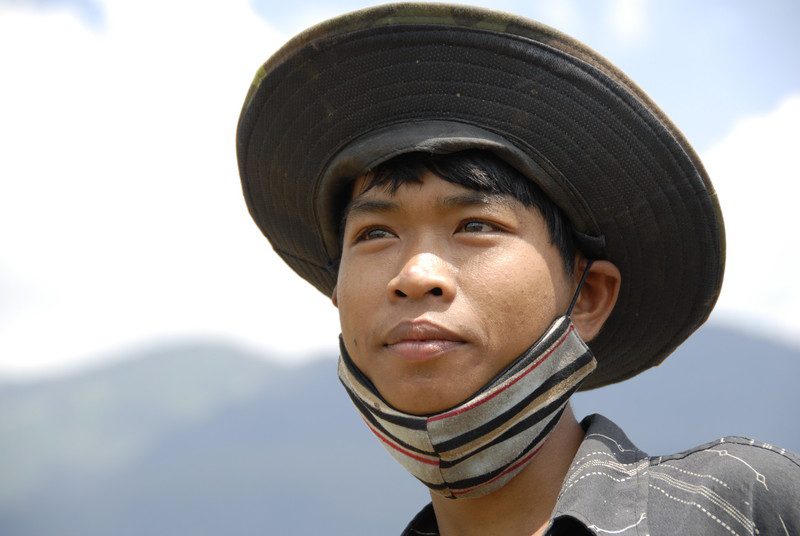Vietnam
We’ve been in Vietnam almost 20 years and seen enormous change. In the fight against poverty, this country is punching above its weight: poverty rates are less than 20%, down from almost 60%in the early 1990s.
Why do we stay? Because inequality between the rich and poor is sharply on the rise, and millions of Vietnam’s ethnic minorities and rural communities remain in desperate poverty.
Managing forests
Vietnam’s ethnic minorities rely on forests for their livelihoods, using and selling forest products such as fuel, wood and vegetables. But they’re under a siege of competition for these natural resources which are a source of revenue for government and big business.
We’re helping poor ethnic minority communities in Lao Cai and Ninh Thuan provinces to:
- Secure land tenure/ownership rights
- Set up village forest management groups to work with local authorities
- Develop sustainable forestry plans and access loans to finance them
- Train in community forestry management, farm planning and marketing
We’re also working with local authorities to ensure they consult men and women, ethnic minorities and poor people about their needs in terms of forest and forestland.
Preparing for floods
Vietnam is one of the most disaster-prone countries in the world; about 70% of its population is at risk of typhoons and torrential storms followed by flooding.
We’re working with communities from 24 villages in the Mekong Delta to ensure they’re prepared. As drowning has been the main cause of flood-related deaths, we’ve made swimming training a priority: 2,688 women and children have now taken part.
“I tried to teach my son swimming … but he was afraid of the water,” says Tu. “Now, there is this swimming class, he joins in with friends so he tries harder… He loves it so much. He is always the last one to come out of the water.”
In the central coastal province of Quang Tri, we’re training local people in rescue and evacuation procedures, basic first aid and early warning systems, as well as strengthening homes and storing dried food before floods hit.
Improving essential services
We’re working with poor ethnic minority communities in the remote, rural areas of Nghe An province to provide desperately needed essential services.
In the past year we’ve built five clean water supply systems which are being used by almost 2,000 people. Women in particular have benefited from the reduced workload of fetching water.
Villagers have received training in maintenance so the water keeps flowing and in personal hygiene and sanitation practices to reduce the risk of disease.
We’ve also helped to build a commune health clinic and kindergarten in Xieng My commune.

Fast facts
- Life expectancy:
- 72.9 years (women) 68.8 years (men)
- HIV/AIDS adult prevalence rate:
- 0.51%
- Adult literacy:
- 86.9% (women) 93.9% (men)
- Infant mortality rate:
- 19 deaths per 1,000 live births
- Population without access to clean water:
- 15%
Source: UNDP, UN DESA, UNICEF, CIA World Factbook
